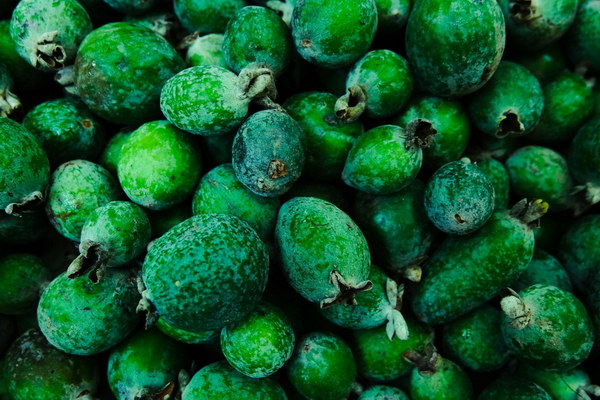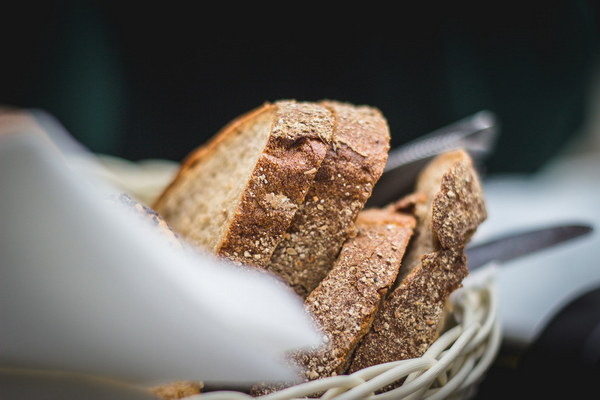Harmonizing the Middle Years Traditional Chinese Medicines Approach to Lung Care for MiddleAged Individuals
In the realm of Traditional Chinese Medicine (TCM), the middle-aged years are considered a critical period for nurturing and maintaining lung health. The lungs, according to TCM, are responsible for the exchange of oxygen and carbon dioxide, and they are intricately connected to the immune system and overall well-being. This article explores the key principles and practices of TCM that can help middle-aged individuals enhance their lung health and vitality.
Understanding the Lung in TCM
In TCM, the lungs are often associated with the element of Metal and are connected to the season of autumn. They are considered the organ of qi and play a crucial role in the flow of vital energy, or qi, throughout the body. A healthy lung ensures smooth qi circulation, which is essential for good health. However, as individuals age, the lungs can become susceptible to various imbalances, such as excess phlegm, dampness, or heat, which can lead to respiratory issues.
Principles of Lung Care in TCM
1. Balancing Diet: A balanced diet is fundamental to TCM lung care. Foods rich in vitamins, minerals, and antioxidants can strengthen the lungs. Middle-aged individuals should incorporate foods such as ginger, garlic, turmeric, and onions, which have natural anti-inflammatory properties. Additionally, incorporating foods that are slightly cooling, like leafy greens and fruits, can help alleviate excess heat in the lungs.
2. Breathing Exercises: Breathing exercises, or qigong, are a cornerstone of TCM lung care. These exercises help to enhance lung capacity, improve oxygenation, and calm the mind. Simple practices like the Five Phases Breathing” (each phase focusing on a different organ) can be particularly beneficial for lung health.
3. Acupuncture and Herbs: Acupuncture can help balance the body's energy and alleviate respiratory issues. Points that are commonly used for lung care include Lung 1 (Lung Root), Lung 5 (Shu Linfu), and Lung 6 (Chize). Herbs such as Astragalus, Elderberry, and Licorice root are often prescribed to strengthen the lungs and boost immunity.
4. Meditation and Stress Reduction: Stress can weaken the immune system and exacerbate lung problems. Meditation and stress-reduction techniques, such as tai chi or yoga, can help to calm the mind, reduce anxiety, and improve lung health.
5. Adequate Sleep: Good quality sleep is essential for overall health, including lung function. Middle-aged individuals should aim for 7-9 hours of sleep per night to ensure their lungs and immune system are adequately rested.
Daily Practices for Lung Care

To maintain lung health, middle-aged individuals can incorporate the following daily practices:
- Begin each morning with a 10-minute breathing exercise, focusing on deep, slow breaths.
- Drink warm water throughout the day to keep the respiratory passages moist.
- Avoid smoking and reduce exposure to secondhand smoke and air pollution.
- Perform a 20-minute meditation session daily to promote relaxation and stress reduction.
- Incorporate at least 30 minutes of moderate exercise, such as walking, swimming, or cycling, into your daily routine.
In conclusion, the lung care approach in TCM is comprehensive and holistic, addressing not only the physical aspect of lung health but also the emotional and mental well-being. By embracing these time-honored practices, middle-aged individuals can support their lung health and enjoy a more vibrant and fulfilling life.









